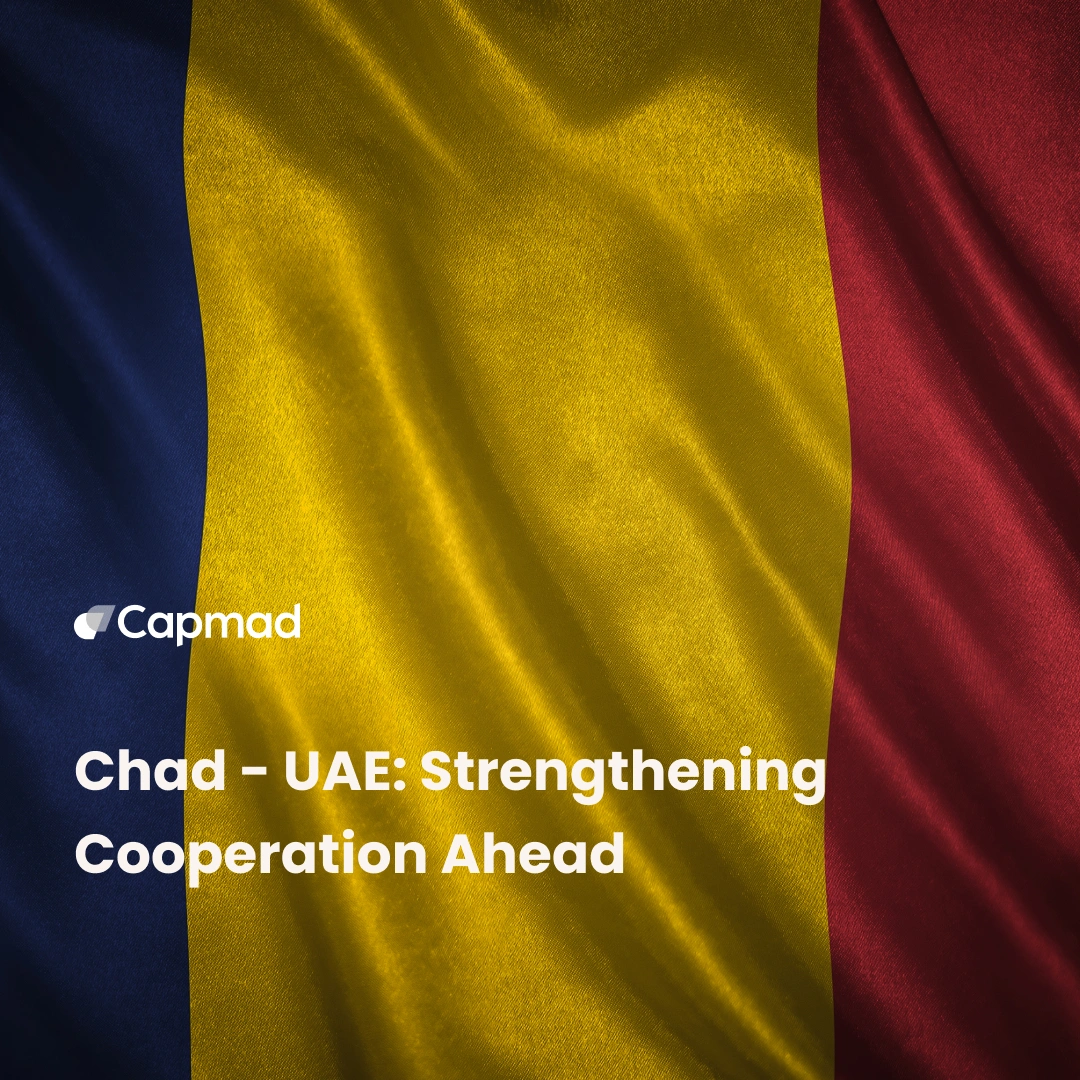The diplomatic crisis between France and Algeria, which began in July 2024, has significant economic repercussions. France recognized Morocco’s sovereignty over Western Sahara, which angered Algeria. In response, Algeria ceased purchasing French wheat and suspended several economic projects with French companies, including the Renault factory project in Oran. The crisis has also affected security cooperation between the two countries, essential for combating illicit activities in the region.
How to explain the crisis between France and Algeria ?
The two countries have entered a multi-faceted diplomatic crisis, involving a conflict over Western Sahara and issues related to influencers. Relations between Paris and Algiers have been particularly tense lately. Interior Minister Bruno Retailleau stated that Algeria seeks to humiliate France. But why such statements when Emmanuel Macron had initiated a rapprochement process between the two countries in 2022?
It all started with Western Sahara. This desert region is disputed between Morocco and Algeria, with no diplomatic solution in sight. However, on July 30, 2024, the Moroccan royal palace published a letter in which Emmanuel Macron recognized Moroccan sovereignty over the region, considering it the only basis for resolving the conflict. This gesture was hailed as a diplomatic victory in Rabat but seen as a violation of international law in Algiers. Algeria even recalled its ambassador from Paris.
Meanwhile, legal formalities that were supposed to lead to the repatriation of an Algerian influencer to France were not validated by Algerian diplomats in France, which Paris considers a lack of consideration towards it. Since then, tensions have only escalated between the two countries. For its part, Algeria insists it is not engaging in a logic of escalation or humiliation, according to a statement from the Algerian Ministry of Foreign Affairs.
Considered economic retaliation measures
Reducing development assistance
In response to Algeria, France could implement other measures, particularly on the economic front. Jean-Noël Barrot states that development assistance is one of the tools Paris has at its disposal to respond to Algeria.
For instance, in 2022, France granted 131.79 million EUR in development aid to Algeria, compared to 112.23 million EUR in 2021 and 111.63 million EUR in 2020. These subsidies do not directly support the Algerian government’s actions but facilitate the enrollment of Algerian students in French schools and universities.
Unlike a significant economic agreement recently signed with Morocco, France aims to reduce its economic aid to its Algerian neighbor.
Advocating at the European level for increased tariffs
France might adopt a stricter stance on other commercial fronts. The commercial weapon can prove to be a very practical instrument. Gabriel Attal stated : « Let us conduct the necessary debates at the European level in order, if necessary, to increase tariffs with Algeria ».
The former head of government is aware that these customs duties are determined by the European Union and do not depend on the strategy of an isolated nation. Without EU approval, France does not have significant means to impose economic sanctions.
However, if France manages to implement customs sanctions after a long diplomatic process through the EU, this decision could backfire. Indeed, Algeria is an exporter of oil and gas. In 2023, the Maghreb accounted for 8 % of gas imports and 10 % of oil imports for the same year for France.
In summary, this diplomatic crisis has significant economic and security consequences for both countries and could affect regional stability if not resolved quickly.






